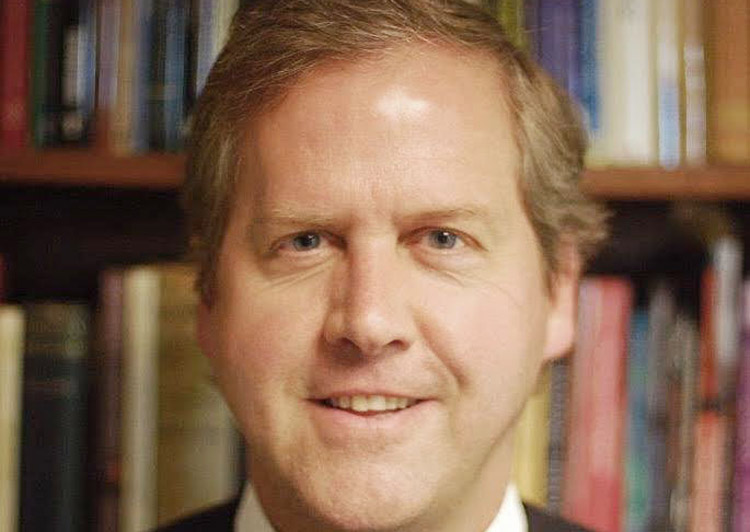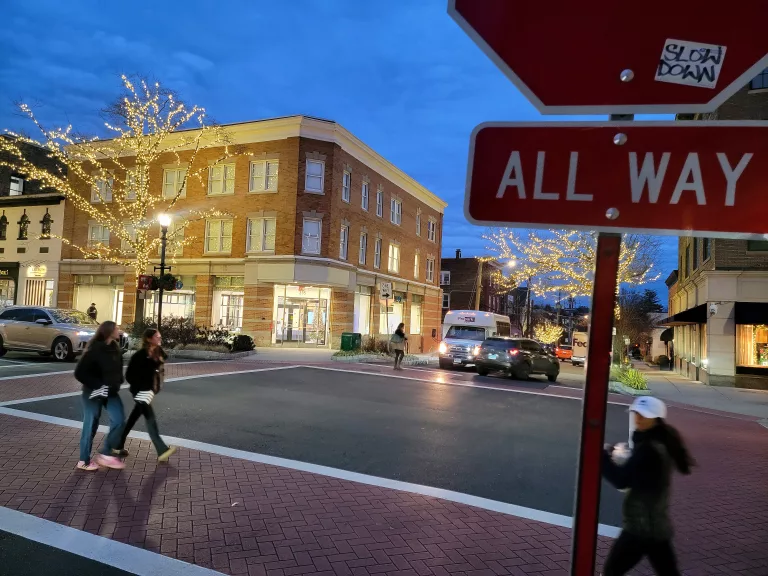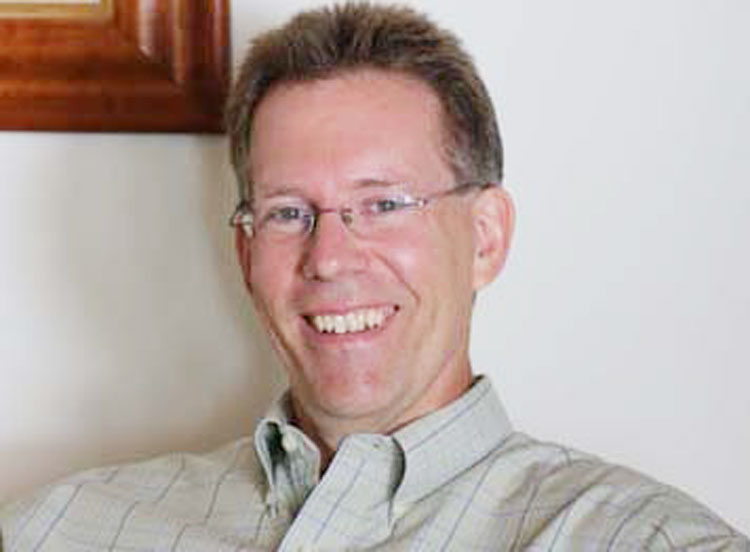
By Marek P. Zabriskie
When NBC news anchor John Chancellor retired in 1993, a reporter asked him what was the most memorable moment in his 43 years of reporting. Chancellor didn’t describe covering Vietnam, Watergate or the Kennedy assassinations.
Instead, he recounted an incident that occurred at the 1964 Republican National Convention. There were few black delegates on the convention floor that year. The nominee was Barry Goldwater, who opposed the Civil Rights Act of 1964.
The few black Republicans who were present opposed Goldwater. Chancellor stumbled upon an older African-American man toward the back of the assembly hall who was holding onto a pillar. The man was weeping.
Chancellor could hear the man mumbling beneath tearful heaves, “All my life… all my life.” At first, the newsman thought that the man had fallen. But when he leaned closer, Chancellor saw that the man’s sport coat was riddled with cigarette burn holes.
A racist delegate decided to use the older African-American as his personal ashtray. Adding to insult to cruelty, other delegates had joined him. “The pain and the anguish on that man’s face is something I will go to the grave remembering,” said Chancellor.
In four decades of reporting news from around the world, it was the image of one African-American’s anguished face that endured.
Jackie Robinson, the great athlete turned activist, attended the same convention. Robinson heard racial epithets hurled from various southern white delegates. He said, “I now believe I know how it felt to be a Jew in Hitler’s Germany.”
Writer Joseph Campbell says that compassion is the emotion that connects us with other people. Each of the great religions of the world is built around the concept of overcoming human suffering with compassion, whether it be Moses in the Wilderness, Jesus on the cross, Buddha under the Bo Tree or Mohammad in his cave. In his most famous story, the Parable of the Good Samaritan, Jesus teaches that compassion is the essence of religious life.
Compassion motivates us to reach out to those in need. Remember that wonderful line from contemporary literature uttered by Blanche DuBois in A Streetcar Named Desire: “I have always been dependent on the kindness of strangers.”
Most of us have known the kindness of strangers as well as the kindness of friends, family and colleagues. The truth is that each of us has a great capacity to care, to be compassionate, to be present, to listen, hear and receive. If we can exercise compassion, God can work miracles.
Privilege, ease or perceived self-superiority impede this oneness, especially when the life of the other person is understood to be of less value. Those with the most social power often tune out those with the least social power. Those who overestimate their own specialness are particularly susceptible to disregarding the value and dignity of others.
Racism and slavery are the original sins of America. The Declaration of Independence boldly states, “We hold these truths to be self-evident, that all men are created equal.” Of course, these words were penned by Thomas Jefferson, a slave-owner who died an old man still owning slaves. It took our nation 87 years after its founding to rid legal slavery from its life.
Even after slavery was abolished, something close to it continued on for decades. In the South slavery simply took on a new form of sharecroppers kept so poor and in such debt that their families were torn apart and their lives were utterly controlled. Other sharecroppers came north where they encountered segregation, inferior schools and inadequate wages.
Recall the beat down African American woman in Alice Walker’s The Color Purple, living without hope, says to her sister, “Just look at you, you poor, you woman, you black, why child, you nothing at all.”
This past Sunday the President of the United States attacked four progressive members of Congress, saying that they should “go back and help fix the totally broken and crime infested places from which they came.” Three of the four were born in the United States, and the fourth is a duly naturalized citizen. All, however, are women of color.
These words are too close by far that of a racist or a white supremacist and misogynist for me. I expect more dignified discourse from the President of the United States. It’s deeply concerning.
In response to political tensions erupting in Birmingham, Alabama in the 1950s and 1960s, a biracial Community Affairs Committee was formed in 1969. It has met weekly for decades at the Birmingham Civil Rights Institute so that business, civic and religious leaders could discuss community concerns. Thirty years after they began, they introduced the Birmingham Pledge:
I believe that every person has worth as an individual.
I believe that every person is entitled to dignity and respect, regardless of race and color.
I believe that every thought and every act of racial prejudice is harmful; if it is my thought or act, then it is harmful to me as well as to others.
Therefore, from this day forward I will strive daily to eliminate racial prejudice from my thoughts and actions.
I will discourage racial prejudice by others at every opportunity.
I will treat all people with dignity and respect; and I will strive daily to honor this pledge, knowing that the world will be a better place because of my effort.
What drives Black Lives Matter and similar movements? It could be that all-too-common experience that too many black people encounter and John Chancellor witnessed and took with him to the grave, “All my life… all my life.”
Barry Goldwater, the 1964 Republican presidential candidate, said, “Extremism in the defense of liberty is no voice; and moderation in the pursuit of justice is not virtue.” Don’t be silent and stand safely on the sidelines when racism raises its head.
By the Rev. Marek P. Zabriskie, Rector of Christ Church Greenwich





